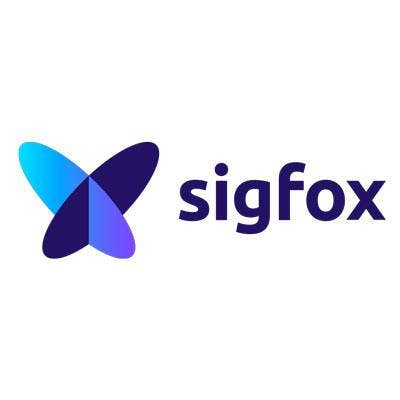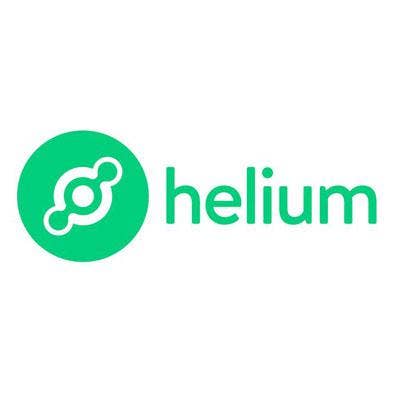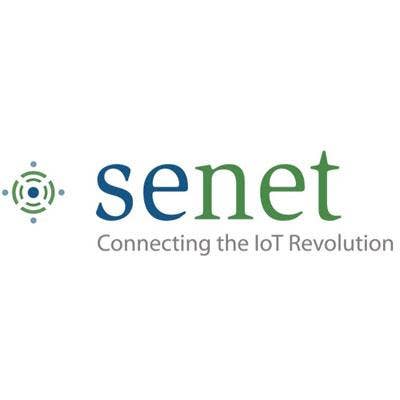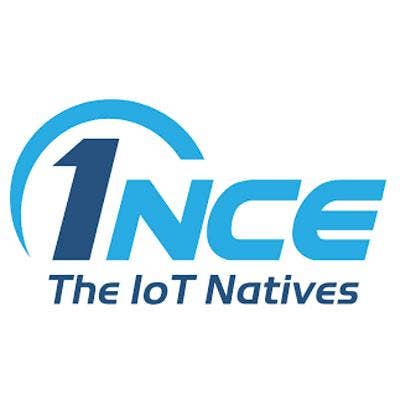5 Companies That Are Racing To Build IoT Networks

The Race To Provide Low-Power Networks
When it comes to building the next generation of Internet of Things networks, it's still a bit of a Wild West situation. While major telecoms are busy getting ready to deploy the first 5G networks, which are expected to play a big role in IoT connectivity, there are smaller companies racing to get their own cut of the tens of millions of connected devices coming online in the next five years.
One area that has become increasingly important is low-power connectivity, which is integral for IoT devices that have power constraints and low data consumption. In the following slides, we take a look at five companies that are racing to build out low-power networks for IoT.

SigFox
SigFox is a French provider of a low-power wide-area networks for IoT devices, with coverage in dozens of countries across the world, made possible in part by the help of third-party operators. The benefits of the company's network includes low energy consumption, low cost and compatibility with Bluetooth, cellular networks and Wi-Fi. Supported use cases include supply chain and logistics, manufacturing, smart cities and retail. The company recently announced the Sens'it Discovery IoT development kit that enables system integrators to build prototypes on SigFox's LP-WAN network.

Helium
Helium is a San Francisco-based startup that is planning to use cryptocurrency as a way to incentivize the build-out of a low-power, global IoT network. More specifically, the company is using blockchain technology to build a decentralized machine network that compensates consumers and businesses who buy a gateway from Helium and provide connectivity to nearby devices. The startup has raised nearly $40 million from Google Ventures, Salesforce CEO Marc Benioff, Khosla Ventures and other investors.

Senet
Senet is a Portsmouth, N.H.-based provider of low-power wide-area networks that has active deployments throughout North America and in India, with plans for further roll-out worldwide. One of the company's newest offerings is the Senet Low Power Wide Area Virtual Network, which gives network operators, solution providers, systems integrators and other groups a financial incentive for buying a gateway and adding coverage to Senet's network.

1NCE
1NCE is a German narrowband IoT carrier that offers a compelling cost structure for connected devices with low data transmission requirements: a flat-rate fee of 10 euros per SIM card for 10 years. The only problem is that it's currently only available in Europe. The company hasn't ruled out international expansion in the future and does offer temporary roaming coverage in the U.S. The company provides NB-IOT connectivity for devices through a partnership with Deutsche Telekom AG.

Nodle.io
Nodle.io is another San Francisco-based startup that is taking a unique approach to building a low-power IoT network: through Bluetooth. The startup plans to accomplish this by giving developers a software development kit that can turn their smartphone apps into potential network hubs that transmits IoT data when a smartphone connects to the internet. The incentive for developers is they receive a share of revenue from Nodle.io based on the number of connections they provide.